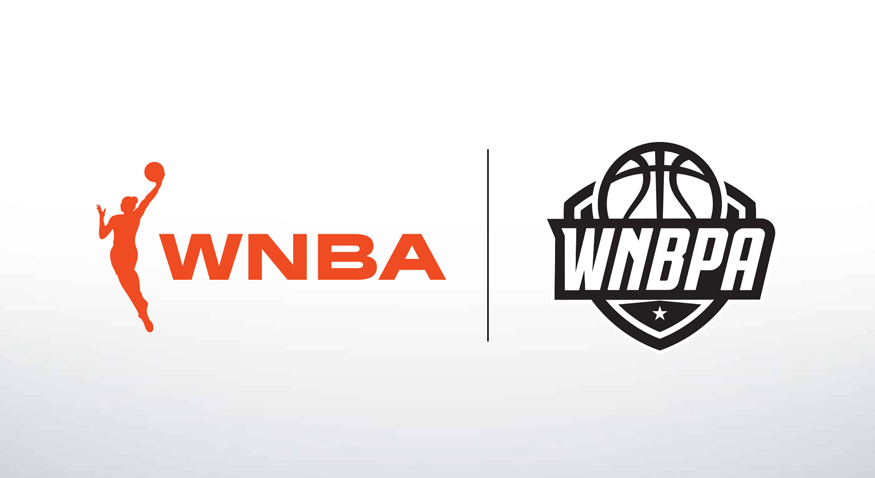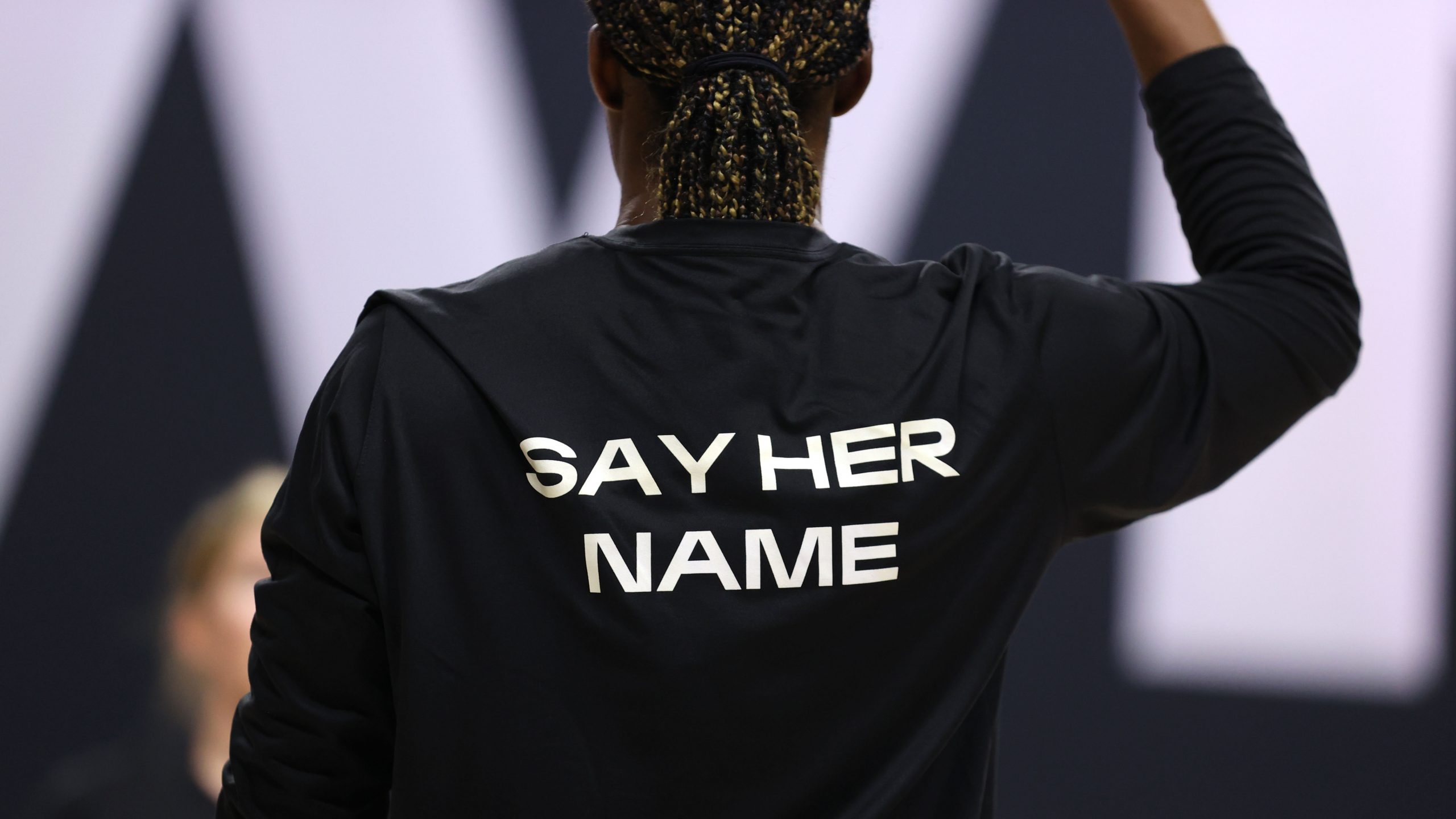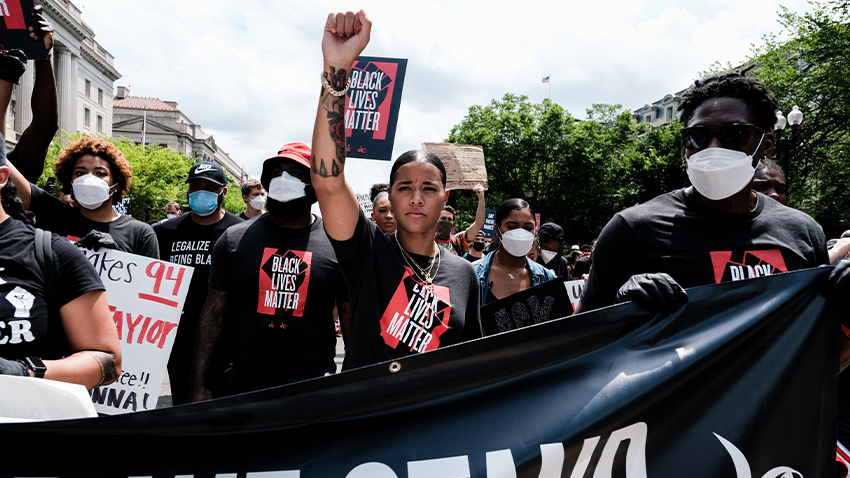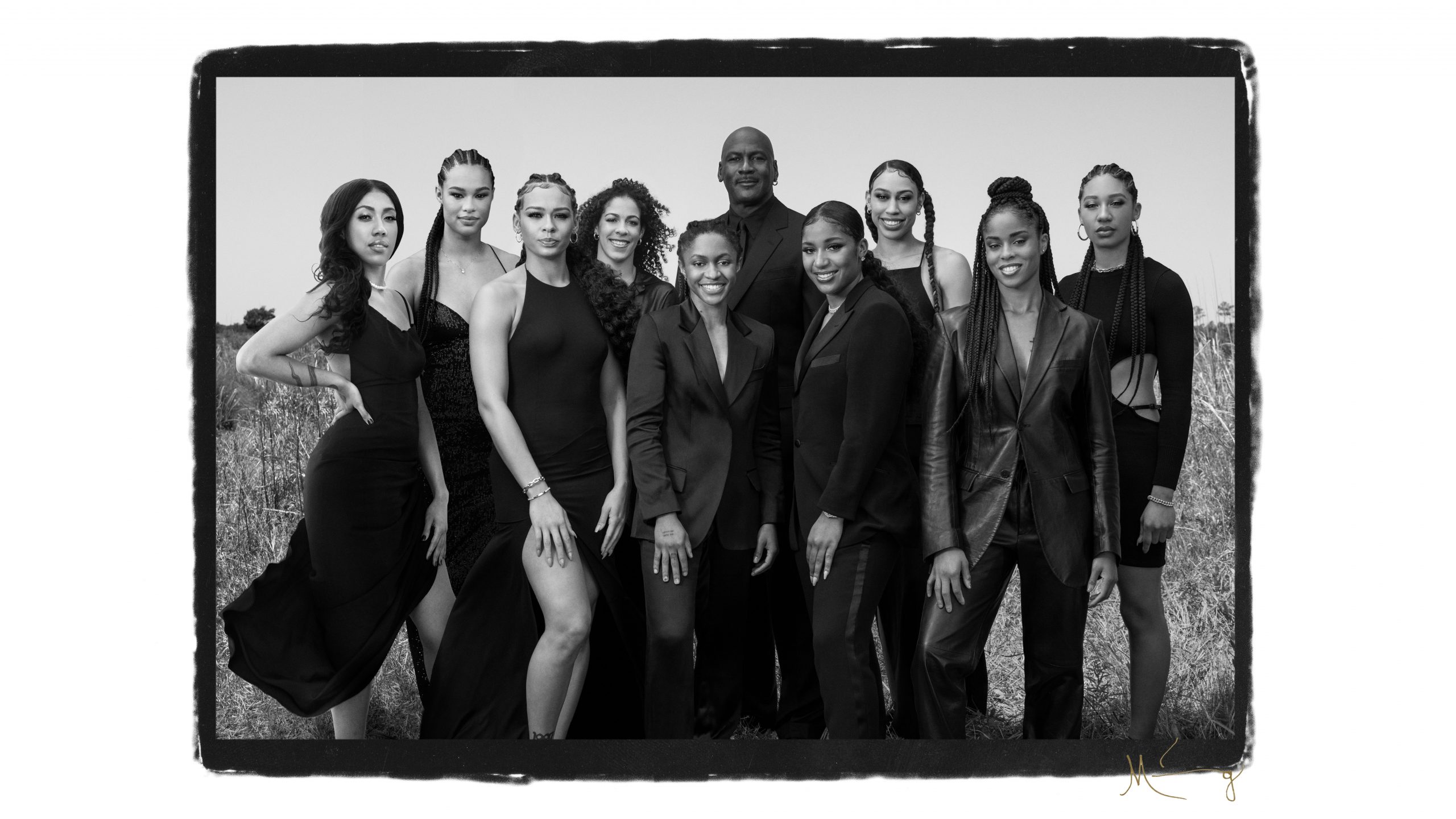Juneteenth: A Conversation with Elizabeth Williams

On this day, just one year ago, President Joe Biden signed a bill recognizing Juneteenth as a federal holiday.
Juneteenth commemorates the emancipation of slavery in the United States and is celebrated on June 19th because that is the day that Union soldiers brought news of freedom to enslaved people in Galveston, Texas, in 1865.
The prominence of Juneteenth celebrations re-emerged in 2020, in the wake of George Floyd’s death, which led to nationwide protests in response to police brutality and systemic racism against Black people in the United States.
In 2020, the WNBA remained at the forefront of change, dedicating its season to social justice, which helped lay out the blueprint for the new emergence of sports activism.
The league launched “The Justice Movement” and established a Social Justice Council to support and amplify player-led initiatives with the intent to continue conversations about race, voting rights, LGBTQ+ advocacy, and gun control, amongst other critical societal issues.
“I think being in that moment was hard, especially for Black people. We felt like we had to do something,” said Washington Mystics forward Elizabeth Williams. “We were already in a state of helplessness because of the pandemic, so once we knew we would have a season in a bubble, we saw it as the perfect opportunity to talk about those issues and use our collective voices to try to do something. There was a greater desire to make a change because of the time we were in. There was a collective understanding that our voices united could make a difference.”
At the time, Williams played for the Atlanta Dream, who mobilized as a team to endorse Rev. Raphael Warnock in the 2020 Georgia Senate runoff election.
We are @wnba players, but like the late, great John Lewis said, we are also ordinary people with extraordinary vision. @ReverendWarnock has spent his life fighting for the people and we need him in Washington. Join the movement for a better Georgia at https://t.co/hC8iF9urak pic.twitter.com/mvN5e9m4oO
— Elizabeth Williams (@E_Williams_1) August 4, 2020
The decision for the team to endorse Warnock at the time was bold because his opponent, Kelly Loeffler, was part owner of the Dream franchise.
Williams admitted the initial conversations about endorsing Warnock were tough, but the team had already made the commitment after Loeffler openly opposed support of player-led social
justice initiatives.
“We really didn’t know what to do or what to say because at the time, it was our owner making those comments, and those were our paychecks,” said Williams, adding, “But once we decided on that as a team, other players in the league were right with us.”
Five months after WNBA players endorsed Rev. Raphael Warnock, he was named the next senator of Georgia.
The 2020 elections proved again why the WNBA sports league is synonymous with advocacy. In a league comprised of a majority Black and/or queer athletes—players know first-hand what it’s like to be marginalized and prioritize using their platform to make a change.
“I’m not the type to speak up and speak out a lot about anything, like, I tend to keep to myself. But I think my role within that team, in that moment, required me to take more responsibility and step up and do something,” said Williams.
But with great power comes responsibility.
“I think people see us as superwomen, and I think it’s because we don’t want to complain. But I think it’s important for people to see a vulnerable side to us, and humanize Black women.”
As the 157th anniversary of Juneteenth approaches, it has served as a time for the celebration of progress and a history lesson for the British-born Nigerian-American athlete.
“I didn’t learn about Juneteenth until college,” said Williams. While the former Duke Forward didn’t learn about Juneteenth until her time in Durham, her voice in the culture since her time in the W has helped inspire and educate young fans across the country, signifying the importance of the W & the power the players have in activism.
Reporter Khristina Williams can be found on Twitter @Khristina. Khristina is a Forbes-Under-30 Sports Honoree and led the Juneteenth interview with Elizabeth Williams. The views on this page do not necessarily reflect the views of the WNBA or its clubs.



,xPosition=.5,yPosition=.5)
,xPosition=.5,yPosition=.5)
,xPosition=.5,yPosition=.5)
,xPosition=.5,yPosition=.5)